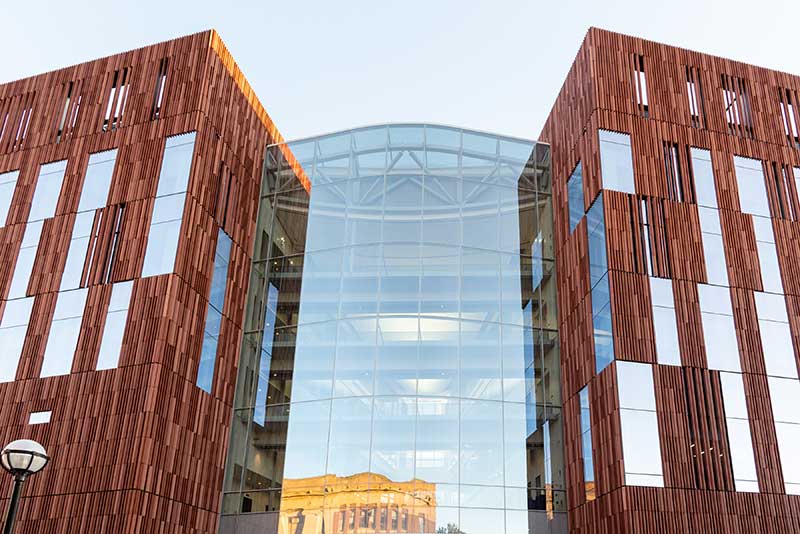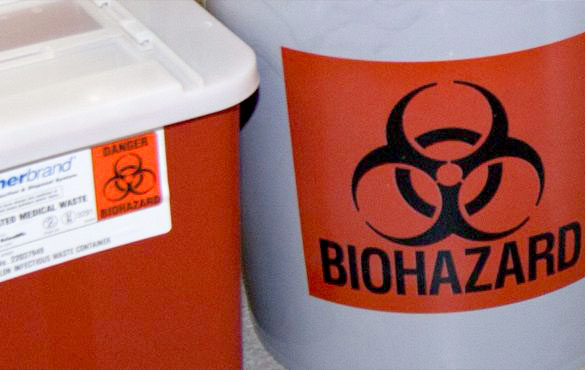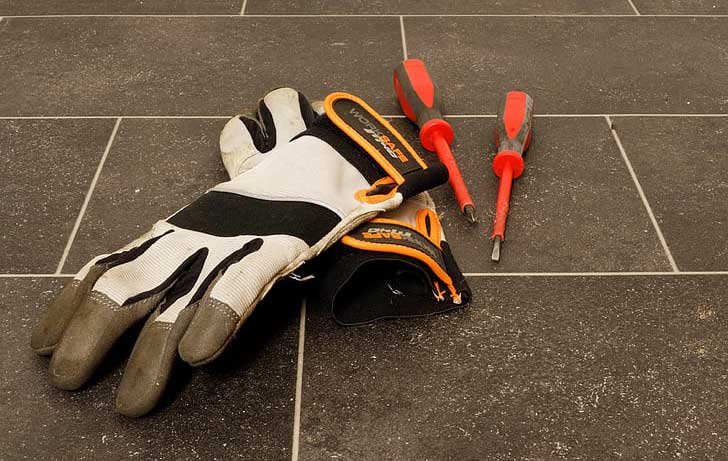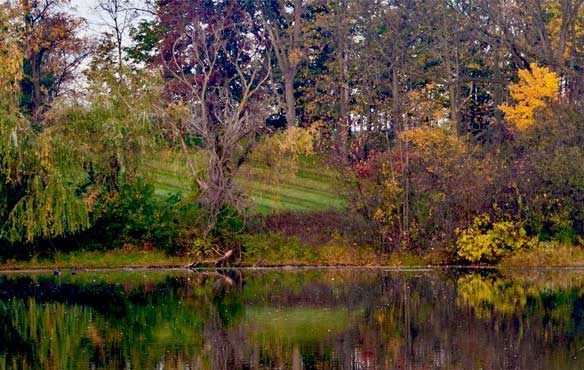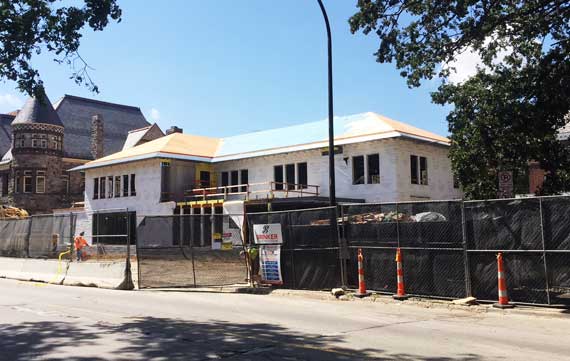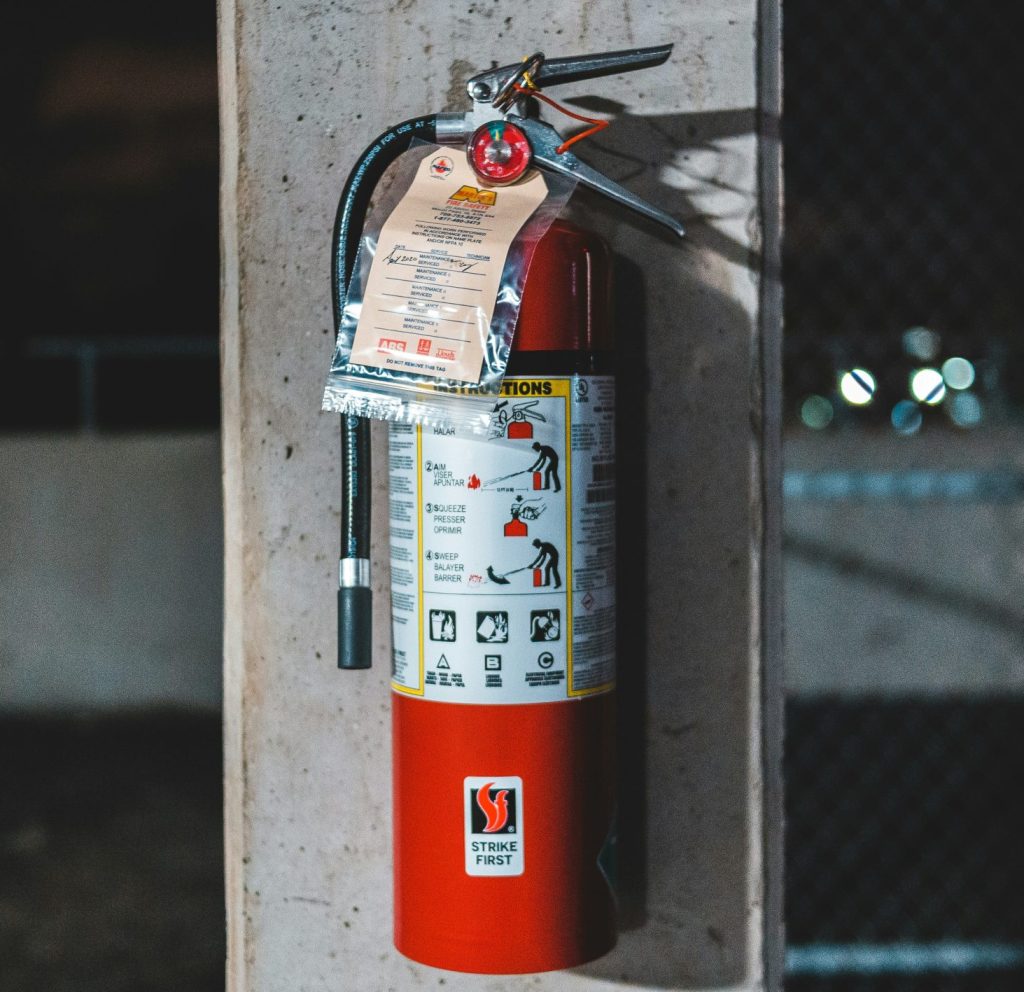Field Research
Working in field environments is a vital part of research and education at the University of Michigan. The dynamic nature of field settings requires that field researchers appropriately plan for potential hazards and emergencies. Working in the field, whether local or international, can present risks to the individuals involved; both from the nature of the location or from the type of activity being performed.
The University Standard Practice Guide #601.31 applies to faculty, staff, and all students traveling outside of the United States for University-related purposes. Global Michigan has developed planning guidance for travelers Safety Considerations for Independent Study & Field Research Abroad
Incidents that happen in the field should be reported the same as if they happened on campus. More information on reporting incidents can be found at the Reporting Incident page.
Planning
The key to a safe field research project starts with planning. Assessment of hazards that may be encountered, identification of strategies for dealing with those hazards and appropriate planning in the event of any emergencies will help ensure your project will be successful.
- Field Hazard Identification Form – Use this form to identify potential hazards in the field and measures to control them. This information on hazards and required safety measures should be communicated to all field researchers prior to travel.
- Emergency Response Plan – Use this form to identify resources needed for an effective response in the event that an emergency should arise. This information should be communicated to all field researchers prior to travel.
- Pre-Trip Orientation Checklist – This form is useful for overall planning efforts and should establish realistic expectations and a smooth transition to the field environment.
Training
All field researchers must be trained on the hazards and required controls associated with their work activities and field environment by the principal investigator. All training should be documented.
We recommend that all field researchers attend a basic CPR/First Aid training. We highly recommend researchers who are going to be traveling to areas greater than one hour from medical care also have Wilderness First Aid training. These training opportunities are provided by these vendors:
Refer to U-M Scientific Diving for information regarding authorization and training requirements for any projects involving diving.
Incidents and Reporting
Review information about managing and reporting incidents on our Injury, Illness and Incident Reporting page.
